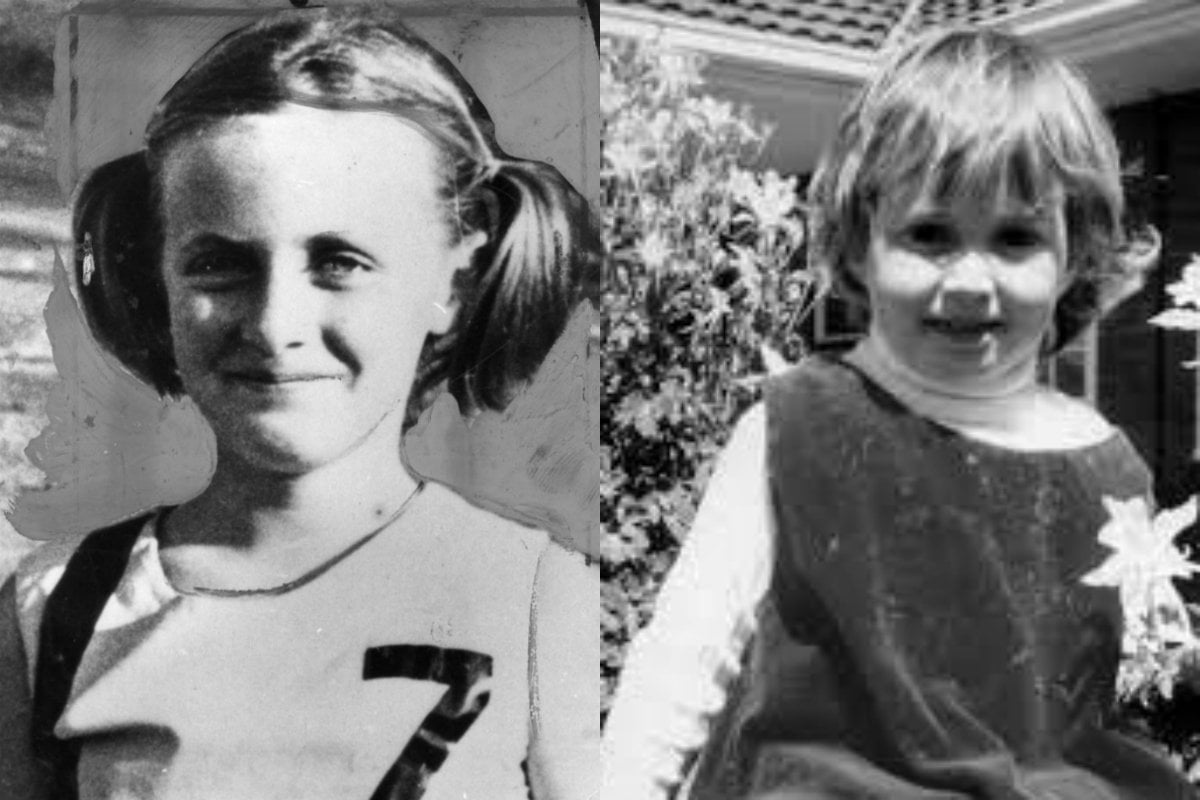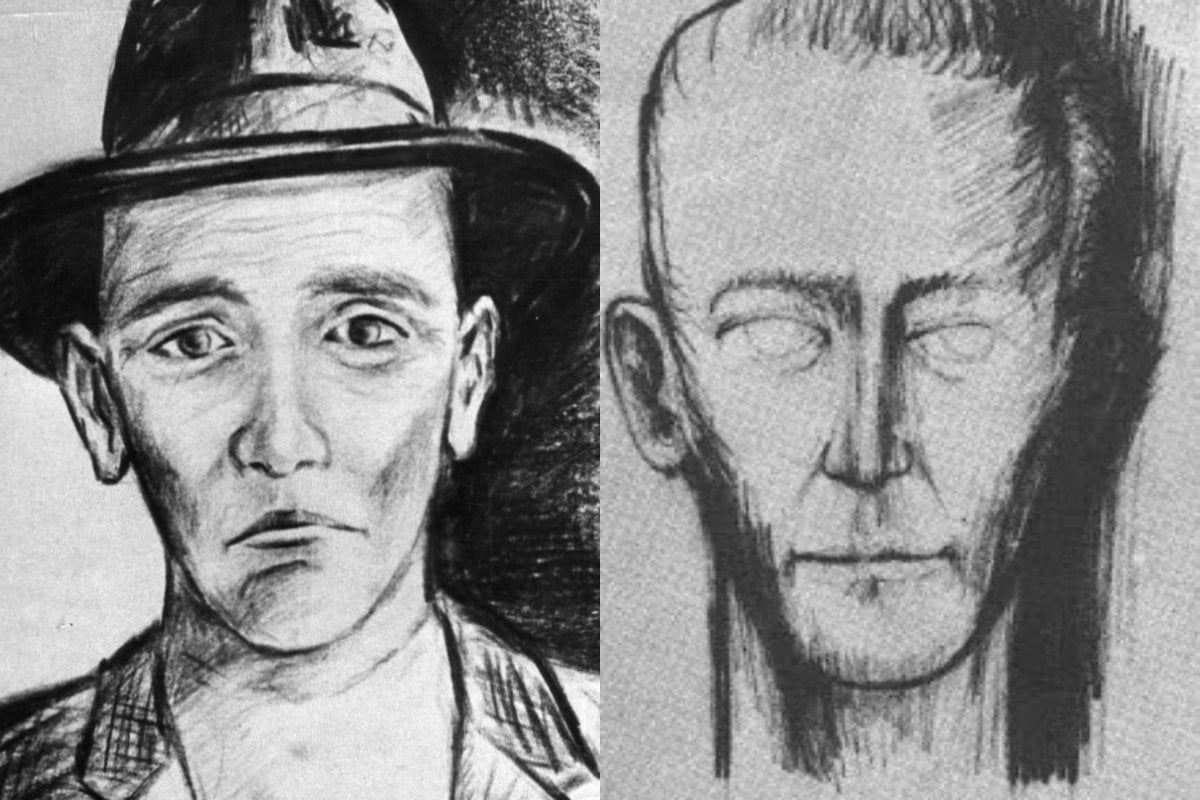
Thinking back to August 25, 1973, Greg Gordon recalls the day being bright and unusually warm. But he also recalls a feeling... almost as if everything was right in the world.
His four-year-old daughter, Kirste, was in the care of her grandparents while he and his wife, Christine, attended a formal function in Renmark, north of Adelaide.
Shortly after they sat down to dinner, the maître d' approached. There was a phone call for them.
On the other end, Kirste's grandmother was sobbing. Their little girl was missing.
Watch: Loren O'Keeffe knows what it's like to have a loved one disappear.
Kirste's grandmother had taken her to a match at Adelaide Oval. Norwood versus North Adelaide, a contest that attracted a 13,000-strong crowd.
During the game, Kirste had been playing with Joanne Ratcliffe, an 11-year-old who'd been sitting nearby with her family.
Joanne was considered responsible and mature for her age, and the adults allowed her to escort Kirste to the bathroom twice during the match. Only, the second time, during the third quarter, they didn't return.
Writing for Mamamia in 2016, Greg and Christie recalled the three-hour drive back to the city after learning the news.
"For some three hours, with minds racing, we scanned available radio broadcasts for news as we had no access to mobile phones at that time.


Top Comments